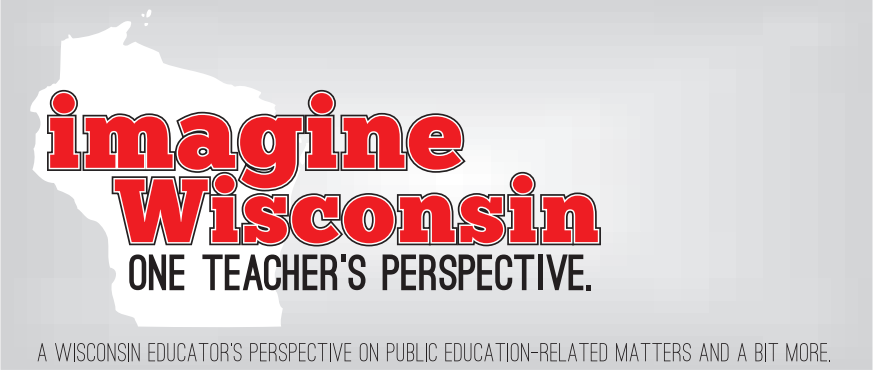To the chagrin of my progressive friends—who continue to dog
the dark-side’s presidential frontrunner for his most famous campaign comment--I
concur with Mitt Romney’s remark that “corporations are people.” However, as another Steve logically explains, if
corporations are people, then “governments are people, too.” In the same vein, public schools are people, too.
When you put a face to them, hating
corporations is hard. While the dodging of taxes by many corporations has a dark-side quality, these organizations are
comprised often of our neighbors, friends, and relatives.
Recently, a good
friend of mine’s workplace was occupied. While I support the Occupy
movement’s exposure of the growing income inequality in America, my relationship with my friend personalized
this occupy incident. Associating my friend’s corporation with the dark side is
tough, when I am forced to think of her wonderful qualities. Like most my
friends, she is an all-around great person, charitable, social-minded, and
progressive. The corporation for which she works is notably large and powerful;
however, her progressive-minded presence and interconnectedness with other
like-minded workers at her workplace makes this corporation less scary to those
of us on the outside.
While the previous two paragraphs might sound like I am prepping for a Romney
rally this week, I would surely be hauled off by the Republican/Tea Party
supporters if I applied this same organizations-are-people logic to
governments, public schools, and public workers unions.
For those of us who have spent our lives in schools, we understand
public schools are people. We embrace public schools as Professional Learning Communities of developing
learners, sincere social workers, compassionate counselors, caring parents, dedicated
professional educators, invaluable support staff, and well-meaning
administrators.
Public schools are social constructs as aptly described by my
local superintendent. "We aren't a factory model where we're
dealing with things…We're not only dealing with people, but also people's most
precious commodity—their children,” said Dr. Karen Schulte, in the face of a potential
school closing made possible by a Walker-worsened school budget deficit.
The public educators sanctioned to guard these precious little
people are your neighbors, friends, and relatives. Wisconsin public educators
are willing members of vital teachers unions. These unions are people, too.
The Republican/Tea Party friends politicking in Wisconsin this
week will continue to espouse the Walker myth of unions
as scary institutions controlled by heartless bosses. Sadly, they will ignore
that the public supports public workers and their right
to collectively bargain. Wisconsin parents know that teachers unions
are comprised of dedicated educators, like recently-recognized
Hall of Fame teacher, Deb Tackmann from Eau Claire, who deeply
care for their children. Public
school supporters know education is personal.
For Wisconsin to truly move forward, we must recognize the
humanity of corporations, governments, public schools, and unions. We cannot
build a state by dividing it. We must see the interconnectedness of all
organizations and the people who make up these establishments (as a fellow educator fittingly explains).
Our capitalist system must have a
soul. We must value public schools and their educators, who nurture and develop
job creators and the people who will service the job creator’s creations. We must
not balance state budgets solely on
the backs of public workers, which is proven to hurt us all. We
must also recognize the value of the corporations where our friends, relatives,
and neighbors work.
Corporations, governments, public schools, unions are people.
We, the People, in order to form a more perfect union, must embrace this
egalitarian worldview.




